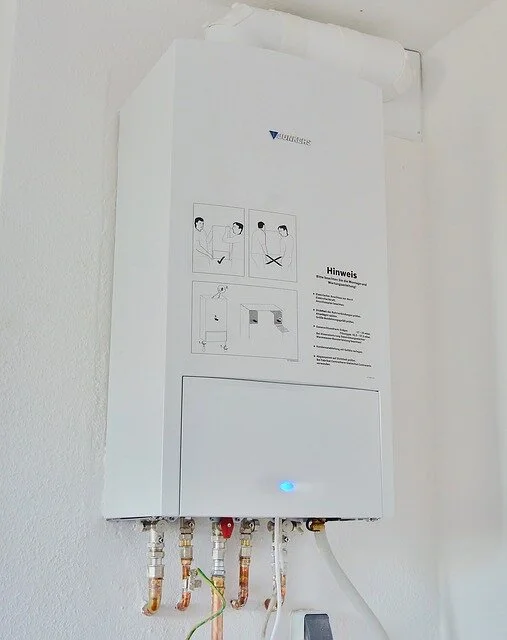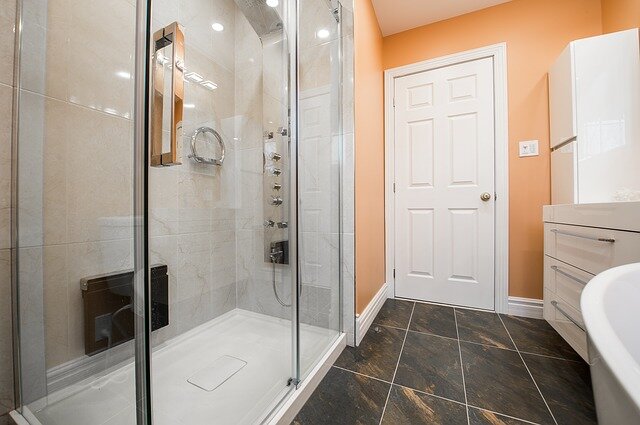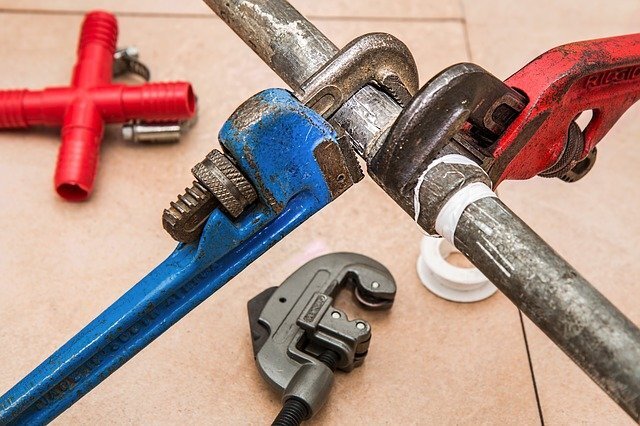Guide to Relocating a Water Heater
RH Business Marketing Solutions
Guide to relocating a water heater
Water heaters are one of the essential appliances in every home. They provide hot water, and it's hard to imagine any modern household without it today. However, there are some situations in which you might want to consider moving your water heater to another location. Whether it's for convenience or necessity, it can be one of the most difficult tasks to complete. You will either have to find appropriate help or have your own expertise in this type of project. Either way, here is a Guide to relocating a water heater to help you with any doubts, which can provide you some valuable insights.
Things to consider when relocating a water heater
The entire process of relocating the water heater is more complex than you might assume. Not that it's impossible to do it on your own, but it requires a skilled pair of hands and a lot of experience. If you don't have the necessary skills, it's always advisable to have a professional plumber relocate the water heater for you. The specialists will do it more efficiently and will minimize any potential risks. Nevertheless, let's explain some of the most important details you should be aware of if you are considering moving your water heater to another location.
Picking the right location for your water heaters
If you are using a tankless water heater, you can place them almost anywhere. Then again, since they occupy so little space, there is usually no ordinary need to move them. But, a couple of common locations are often considered the best spots to place other types of water heaters. Also, there are a few situations when it might be necessary to do so.
So, let's start with locations:
Attic or basement - If you plan to move your water heater to the attic, there are things to consider. This might be a convenient spot to save more space in the rest of the house, but it has some drawbacks. In general, you might need to modify your attic to support heavier water heaters. And also, it's not so energy efficient because the water travels a long way to reach the ground floor. The situation with the basements is similar.
Bathroom and utility room - This is a more convenient location for your water heater. The best situation might be if your bathroom shares the same wall as the utility room. Actually, this is convenient in both vertical and horizontal manner.
The garage - This could be a great option if you have enough space in your garage. It's also a good option for larger tanks.
Outdoor - This can be a good location, especially for gas water heaters. It's safer, easier to install, and doesn't require significant modification to your home.
Before selecting the new location, you might want to consolidate your plumber. He can give you general advice about what pipe rerouting should be carried out and what safety measures to take.
Consider the size of your water heater when planning its location.
Preparing the location
Moving your water heater is more than just picking it up, moving, and installing. In essence, you have to prepare the new location before anything else. Depending on the location, you might need to do some remodeling first. Besides extending and rerouting the pipes, you should also check if you need to modify flooring, reinforce walls, or perform similar modifications. That's why the best moment to prepare the room where your water heater will be moved to is when renovating your home. Of course, don't forget to clean your place from top to bottom after the renovation is complete. If you have just moved into a new home, for example, and want to do some serious remodeling, this is a perfect opportunity to complete two tasks at once.
Bathroom renovation is a perfect moment to consider a new location for your water heater.
Consider permits and requirements
In general, for significant structural changes, you might need permits. Of course, they are not the same in each area, so make sure to check if and when you need them. Depending on the type of location you have in mind for your water heater, it may involve some significant modification. Especially for projects that alter home plumbing connected to the city water supply. Or in areas that are susceptible to earthquakes and other natural perils. If you are not sure what permits you might need, you can always ask your plumber.
The situation when buying a new (old) home
If you are moving to a new place, you will probably plan to change a few things, especially if it's an older building. In some cases, bringing your recently acquired water heater can be a useful upgrade. Like moving your water heater within the same house, this situation also requires preparing the location in advance. You will have to get your bathroom ready and finish some modifications if necessary. Moving your water heater to a new home is a great way to keep the convenience of modern solutions even in older structures.
Relocating a water heater step by step
Once the preparations are over, it's time to relocate your water heater. Here is how to do it step by step:
Turn off and disconnect the power supply - If it's a gas water heater, you should always call a professional because it can be hazardous.
Shut off the water - turn the water off in your house or shut the main valve responsible for the room where the water heater is.
Drain the water - drain all water from your water heater
Disconnect the pipes - make sure all pipes are disconnected from your water heater. Also, disconnect inlet pipes first and give it some time to drain the rest of the liquid if anything has remained. Remember, be careful when doing this step. Most pipes are delicate, and you don't want to damage something.
Uninstall and transport - with everything above complete, you can safely remove your water heater. But, consider taking additional precautions when transporting large heaters to another location. If you damage your heater, then the whole process will be in vain.
If you own a gas water heater, it's always recommended to let a professional plumber do it. Again, dealing with gas systems can be dangerous, so you don't want to take unnecessary risks.
Always consider calling a professional plumber, for he has all the knowledge and tools
Finally, everything is ready to reconnect your water heater to a new location carefully. Take all the precautions to connect everything right and check if something requires replacement. Relocating a water heater is a complex task, but it should be up and running in no time if everything is done right.
Guest Contributor: Sophia Perry



